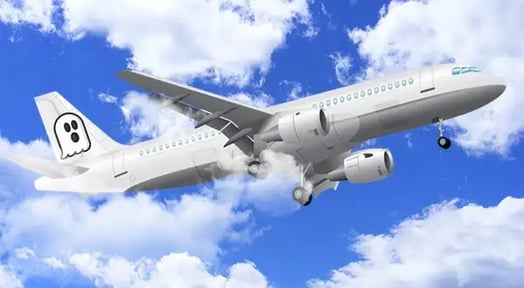Across Europe, empty planes are flying back and forth from airport to airport thanks to a bizarre rule that requires airlines to use at least 80% of their scheduled “flight slots” or risk losing them.

There’s a huge secondary economy for flight slots
Since airports can only support so many flights in a given day, they issue a finite number of the slots. Some airports even employ 3rd-party coordinators to manage their slots because competition is so fierce.
To keep the market competitive, a “use it or lose it” policy requires airlines to use 80% of their slots.
The slot system sounds good in theory…
But it has caused airlines to adopt some problematic practices. Some examples:
- Slot resale: Airlines buy and sell slots between themselves as if they were a currency. In February 2016, Oman Air paid Air France-KLM $75m for a pair of prime early morning slots.
- Slot sitting: When airlines can’t find buyers for their slots, they sometimes give them away for free to partner airlines so they can hold on to them in the long term. In this case, airlines don’t make any money… but they don’t lose any money, either.
- Ghost flights: In worst-case scenarios, airlines send empty planes to fill their slots. Airlines lose money on these empty flights… but not as much as they would if they lost their slots.
But now coronavirus has exposed a problem
Drastically decreased demand caused by coronavirus concerns has forced several airlines to fly ghost flights to avoid losing slots.
In some cases, the ghost flights weren’t enough: UK airline Flybe declared bankruptcy last week due to the strain. The airline industry as a whole could lose as much as $113B due to decreased demand.
Critics say that UK authorities and slot coordinators should relax rules to prevent airlines from losing money — and wasting jet fuel that damages the environment.
It wouldn’t be the first time: The industry suspended the “use it or lose it” rule after both 9/11 and the financial crisis.
